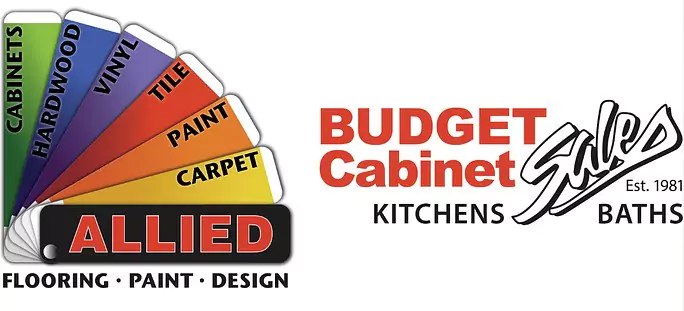Preventing Water Damage from Freezing Pipes
If you didn’t notice, it’s already the middle of winter, and with the cold temperatures comes the danger of freezing pipes. At Allied Flooring, Paint and Design, we’ve got you covered with the steps to take for preventing water damage.
Why Are Frozen Pipes a Problem?
Water is unlike most liquids in the sense that it expands when it freezes. That can be a huge problem for the metal or plastic pipes in your home when the temperatures start to drop. According to the Red Cross, the most susceptible pipes to freezing include:
- Outdoor pipes like hose spigots, pool supply lines and sprinkler lines
- Water pipes in unheated areas like basements, attics or garages
- Pipes against exterior walls with poor insulation
When the weather gets cold, the worst can happen, and a pipe can burst. It’s important to take preventative steps to avoid serious floor damage.
Preventing Frozen Pipes
You have to be proactive, there are several ways to prevent frozen pipes both before and during the cold weather. They include:
- Insulating attics and basements
- Removing, draining, and storing hoses inside
- Keeping garage doors closed
- Letting water drip through pipes during extreme cold
- Keeping the thermostat set at the same temperature during the day and night
What to do After Water Damage
Even if you take these steps, water damage can still happen, harming your floors. While floor damage from flooding can be serious, you can contact Allied 24 hours a day, seven days a week to assist with emergency water extraction and clean up. For water emergency solutions, call us at 413-233-3100. We can:
- Repair flood and water damage
- Prevent mold
- Prevent permanent damage to your floors
- Air out the area with our floor drying services
Just remember, if you do suffer from water damage or need emergency water removal from your home or business: Allied has got you covered.
